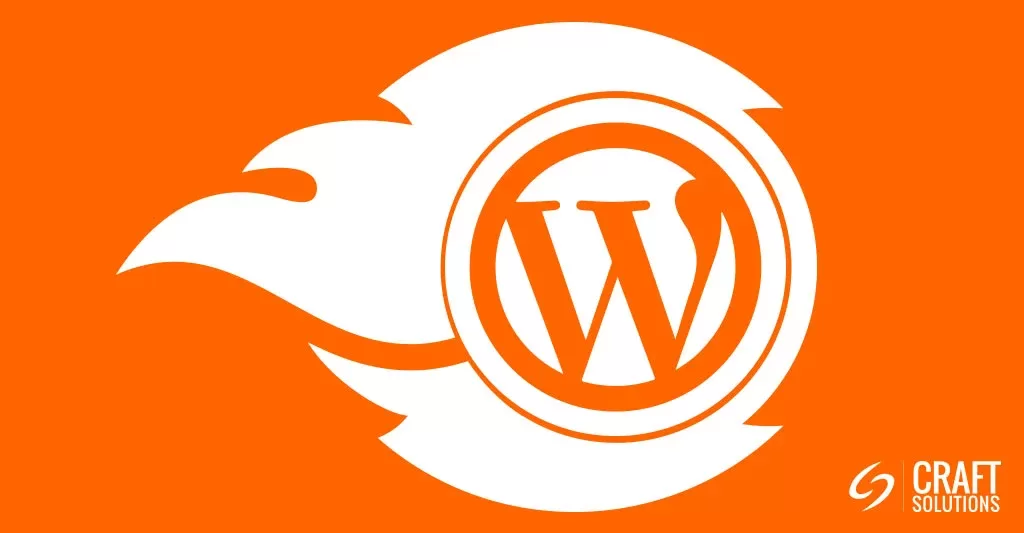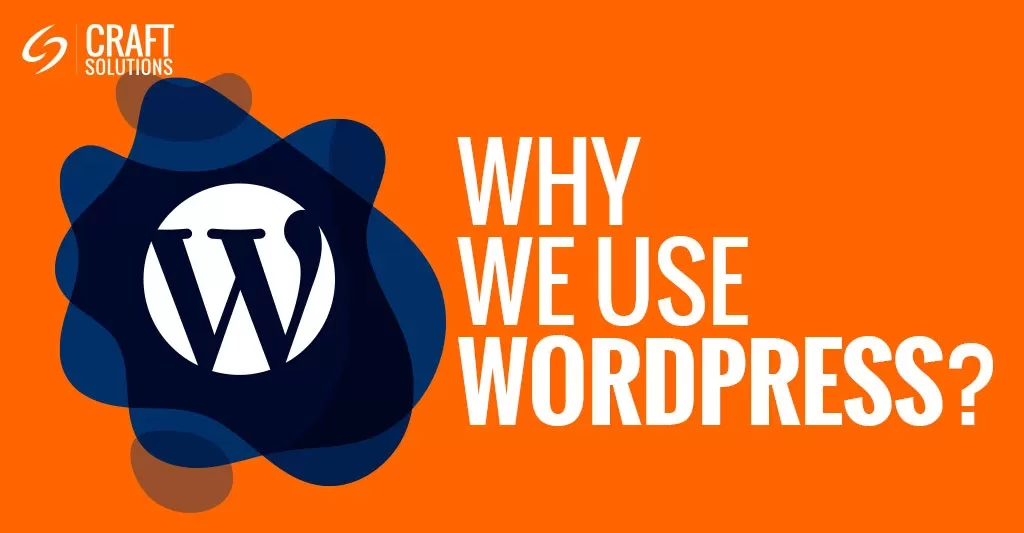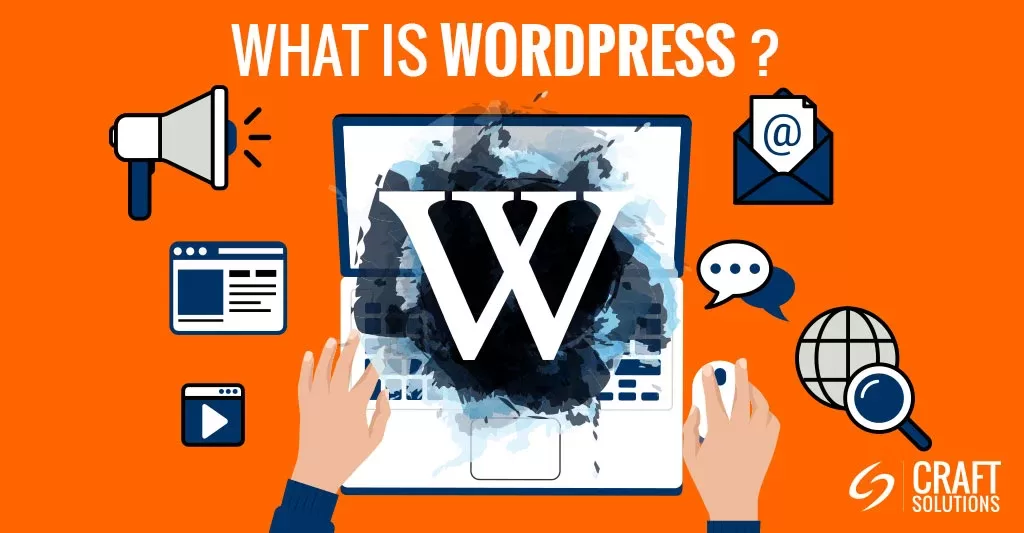How to speedup your WordPress website performance?

Speeding up WordPress websites and improving their performance is a very hot topic. There are many easy ways to improve the performance of your WordPress website.
Why should you care about the performance of your WordPress website and page load times? Website performance and page load times directly affect your website’s bounce rate. According to studies, if your website takes more than two seconds, it will have a 47% bounce rate. Google and other search engines also consider page load time as one of their most important ranking factors on their result pages. Your website’s performance is a critical factor in its success.
In this article, we’ll explain how to speed up your WordPress website speed and performance.
1. Choose a Good Hosting Provider:
Your web hosting quality is the first thing that will affect your website’s speed. If you’re just starting your website, a shared hosting plan is fine. However, we recommend that you make sure your storage type SSD is used for your hosting server. If you have been running your WordPress website for some time and you notice an increase in traffic, you will probably need to upgrade to a more powerful shared hosting package or VPS hosting.
2. Use an Optimized Lightweight WordPress Theme:
Too many elements, widgets, and sliders in a WordPress theme can cause problems. Although it may look great, too many elements, widgets, and sliders will slow down your site’s load time. Theme optimization is another important aspect. It is important to ensure that the theme you choose is well-coded. Also, make sure to read user reviews before purchasing it.
3. Use a WordPress Caching Plugin:
WordPress pages are “dynamic”, meaning they’re built on the fly when anyone visits a page or a post on your website. To build a page, WordPress has to run a process to find the requested information behind the scenes, then display it to the visitor.
The process involves multiple steps, which can sometimes slow down your website if multiple people visit it simultaneously, and that’s where the caching plugin comes in.
Instead of going through the entire page generation process each time a user visits the page, the caching plug caches (saves) the page and makes a copy after the page loads the first time. The cached copy is then served to any subsequent users.
There are many good WordPress caching plugins, but we recommend using WP Super Cache; it’s free!
4. Optimize Image Size:
While images can help increase engagement with your WordPress website content, they can also negatively impact your website if they aren’t optimized. Non-optimized images are a common problem on beginner websites.
Optimizing your images will speed up your WordPress site. You can either manually optimize your images with Photoshop, Chrome Pagespeed insights extension, or other tools or you can use image optimization WordPress plugins like Optimole and WP Smush. This will reduce your website’s images size and increase your website’s speed and performance.
5. Regularly Update your WordPress Website:
WordPress is often updated. Each update may include security fixes or new features. As a WordPress website manager, you are responsible for updating your themes and plugins with the latest versions.
If you don’t update everything regularly, you may cause performance issues to your WordPress website or you may end up vulnerable to security threats.
To conclude
Your website’s performance and page loading speed are two of the most critical factors in determining your success, so treat them as such and never take them lightly. If you want to learn more WordPress tips and tricks check out our article on avoiding WordPress mistakes



